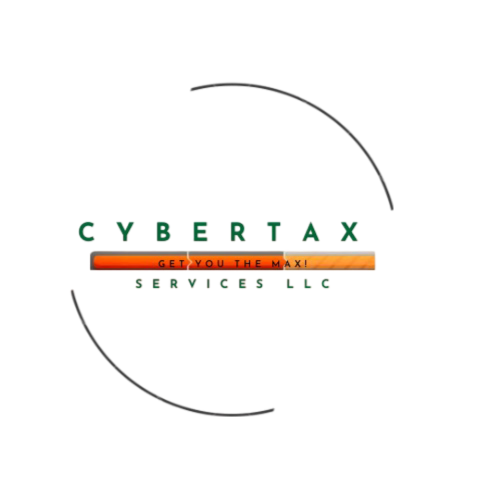
The third installment of the Security Summit’s 2021 “Protect Yourself; Protect Your Client” campaign highlights recent scams targeting unemployment compensation. As part of a five-week focus on identity theft prevention, the Summit is once again asking tax professionals to help spread the word to clients.
Issued last week, the IRS press release noted that thieves had ramped up their efforts following continued Congressional expansion of unemployment throughout the pandemic. This comes as no surprise since criminals frequently target victims of natural disasters: The confusion and urgency created by these events makes people more susceptible to phishing scams and fraud.
Unfortunately, criminals pushing these unemployment scams have already been successful. In 2020 alone, roughly $89 billion in benefits were stolen. And just last week, the Federal Trade Commission sounded the alarm on a spate of new phishing text messages that—at first glance—appear to be from state workforce agencies.
In other words, identity thieves are not content to rest on their laurels.
What are the signs that someone is the victim of an unemployment compensation scam?
The IRS says one surefire sign that someone is the victim of an unemployment compensation scam is receiving a tax form for unreceived benefits.
“States report compensation to the individual and to the IRS by using the Form 1099-G,” the agency explains. “Because of fraud and identity theft, many taxpayers received Forms 1099-G for compensation they did not receive. Some taxpayers received forms from multiple states.”
What should I do if I think my client is a victim of an unemployment compensation scam?
Since unemployment benefits are taxable, the IRS warns that these scams can also affect a victim’s tax return. Luckily, tax professionals specialize in tax-related issues. That’s why the agency recommends six things you can do to help clients who may have been the victim of an unemployment compensation scam:
- File a Form 14039, Identity Theft Affidavit PDF, only if an e-filed tax return rejects because the client’s Social Security number has already been used. Do not file the IRS Form 14039 to report unemployment compensation fraud to the IRS.
- Report the fraud to state workforce agencies, and request a corrected Form 1099-G. Each state has its own process for reporting unemployment compensation fraud. The U.S. Department of Labor has created an information page with all state contacts and other information at DOL.gov/fraud.
- File a tax return reporting only the actual income received. State workforce agencies may not be able to timely issue a corrected Form 1099-G. Even if the client has not received a corrected Form 1099-G, report only wages and income received and exclude any fraudulent claims.
- Consider an IRS Identity Protection PIN. Clients receiving Forms 1099-G are identity theft victims whose personal information could be used for additional criminal activities, such as filing fraudulent tax returns. All taxpayers who can verify their identities can now obtain an Identity Protection PIN to protect their SSNs. Read more about IP PINs at IRS.gov/ippin.
- Follow Federal Trade Commission recommendations for identity theft victims. Taxpayers should consider steps to protect their credit and other actions outlined by the FTC. The DOL also includes this information on its DOL.gov/fraud page.
- Finally, tax professionals’ business clients can also assist in fighting unemployment compensation fraud by responding quickly to state notices about employees filing jobless claims, especially when it has no record of those employees.
The IRS also notes that the American Rescue Plan Act included an exclusion for tax year 2020 unemployment compensation that could help some victims of an unemployment compensation scam deal with the fallout:
- Up to $10,200 for individuals
- Up to $20,400 for married couples filing jointly ($10,200 per spouse)
However, this exclusion is only available to taxpayers with an adjusted gross income that is less than $150,000.
What other data security resources does the IRS recommend?
The IRS suggests checking out the following links for additional information about data security:
Source: IR-2021-163




0 Comments